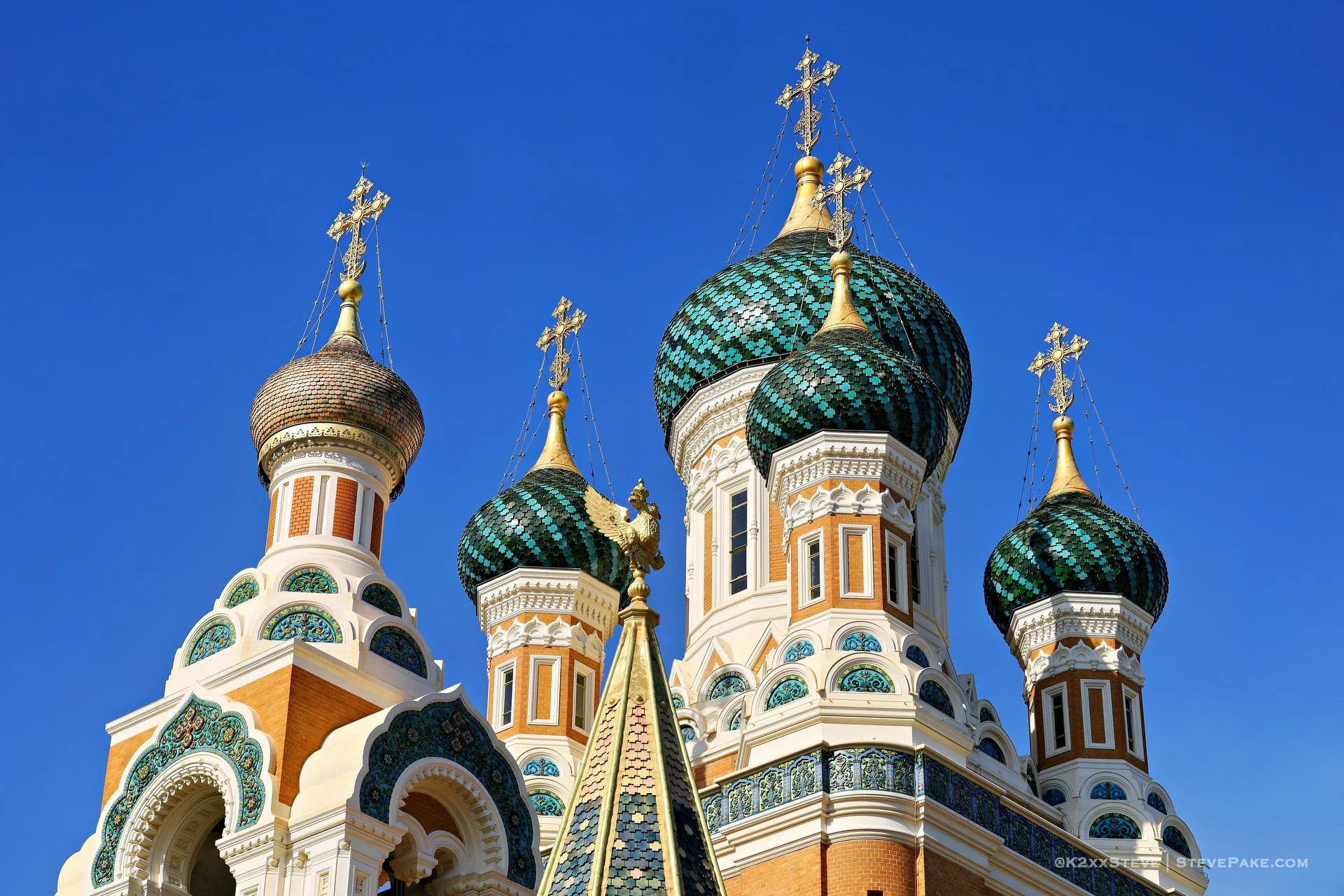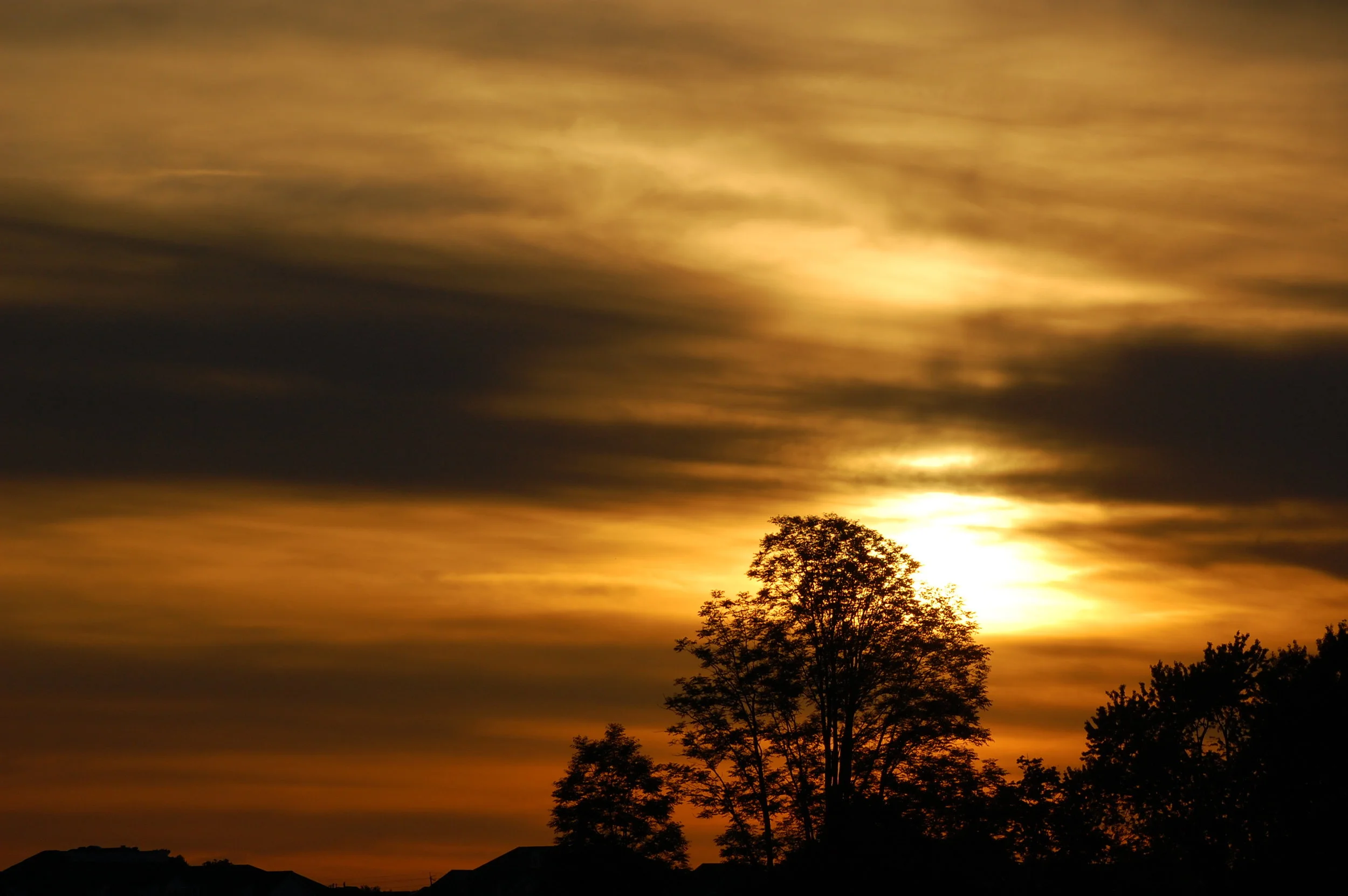One day I was reading my friend's website, and my jaw hit the floor when I read a post about grief. It was the first time I'd ever seen a "grief chart." I had no idea there even was such a thing, and I could easily identify myself at every single step of this big curve as a cancer survivor. I had been writing and sharing in my cancer journey for a few years at this point, and it had never occurred to me even once that this entire process and all that I was going through, was all really one massive grief curve.
Overcoming Post-Cancer Depression
I happen to be a good baseline for what post-cancer depression can feel like, because there had never been even a single depressive ‘bone’ in my body prior to cancer. I was always upbeat and optimistic about everything, believed that there were solutions to every problem, and did not have pre-existing issues with depression or anxiety. My cancer diagnosis at the age of 33 is the first time I faced any mental health issues in my life at all, and they hit me like a load of bricks.
The Young Adult Cancer Time Warp
Most people experience the various stages of life in a relatively linear and predictable fashion, but what happens with all of this when you're diagnosed with cancer as a young adult? Forget about an early midlife crisis. This entire linear progression of time and life stages are blown sky high, and you experience an "entire life crisis" all at once.
How I Finally Found Peace After Cancer
How To Overcome Your Fears After Cancer (Or COVID)
PTSD After Cancer Part III - Managing Life After
In Part 1 of these essays, I described what posttraumatic stress felt like to experience, and in Part II, I described the various things that I did to cope with and recover from it. In this final essay, I'm sharing the things that I've done to manage my life after suffering from posttrauamtic stress after cancer.
There Is No Easy Cancer
On at least two occasions when I've mentioned my cancer story to new friends or acquaintances that hadn't known, I've received comments that were just short of dismissive that testicular cancer is an "easy cancer", alluding to the high cure rate. I'll be honest in saying that I haven't been offended by such comments, because I know that short of having been there in some way themselves, it's simply impossible for people to truly know what a cancer diagnosis feels like, nor all that one entails.
What Cancer Surveillance and Scanxiety Feels Like
25 Appointments and Counting... On the eve of my 4 year check-up for cancer, I rather foolishly clicked on a news video link of Virgin Atlantic Flight VS43's emergency landing in Gatwick last December. I've watched emergency landing videos before, but this is just asking for trouble around surveillance appointments, and I should have known better. As the Boeing 747-400 came down without its starboard main landing gear deployed, and with emergency vehicles lining the runway that were prepared for the worst, it was as though all of the collective fear, anxiety, and tension of the passengers on-board that aircraft found a way to channel straight through me. I could relate to this so well, because I know exactly what this feels like, and it's how I had already been feeling at the sub-conscious level. This is what I've been going through for 4 years now, over and over again, as an 'S.O.S.' cancer patient, "stranded on surveillance."
Cancer Survivorship - The Fight after the Fight and All of its Firsts
After our fights with cancer are over, we all want so badly to believe that everything is behind us and that life is going to get back to normal. Those first weeks and months after our cancer fights are such a precious time. It’s our first taste of freedom after having been wrongfully held hostage by cancer for so long. I had my life back, but as time and the months went on I realized that it wasn’t my old life that I had back, but rather an entirely new one. Cancer survivorship brings with it an entirely new set of life circumstances and a whole lot of firsts, many of which I was completely unprepared to handle or to deal with at all.
The Best Way to Survive Cancer, Is to LIVE!
If there's one thing I've learned over the years as a cancer survivor, and just one thing I could say or one piece of advice I could give to cancer survivors everywhere who might be struggling in these challenging new lives as I had been, it's that the best way to survive cancer is to live the best possible life that you can.














